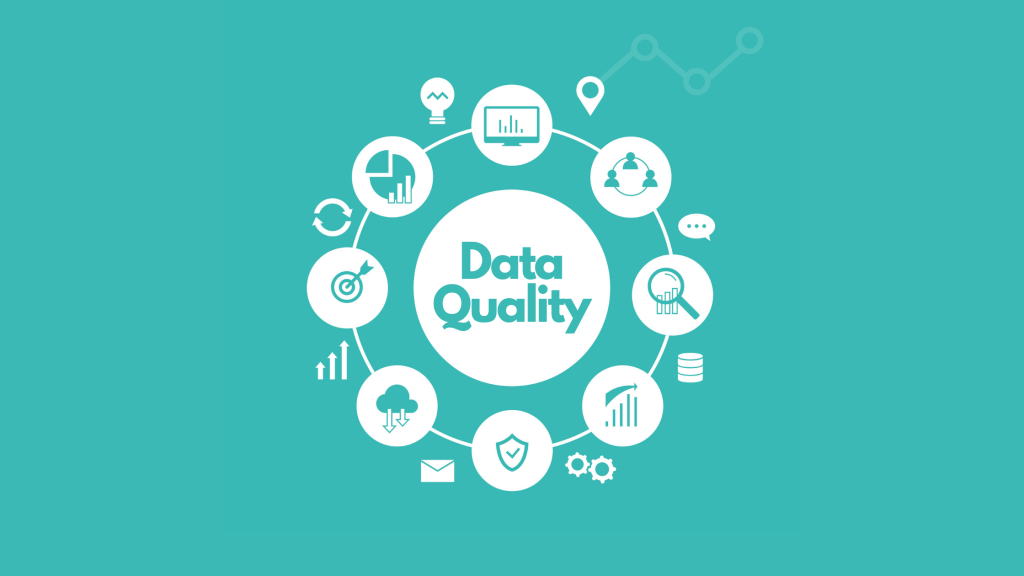
- Dirty data significantly impacts businesses, causing inefficiencies, financial losses, and damaged customer relationships. Companies lose billions annually due to poor data quality.
- Manual errors, outdated information, and disconnected systems are common sources of dirty data, but proactive prevention measures and data audits can reduce their impact.
- Clean data drives customer satisfaction, improves decision-making, enhances cost efficiency, and supports scalable growth, especially when integrated with advanced technologies like AI and machine learning.
Dirty data costs businesses billions annually, creating inefficiencies and eroding customer trust. Inaccurate data leads to wasted resources, with sales and marketing departments spending up to 32% of their time resolving data issues rather than driving growth. Beyond the financial toll, dirty data harms customer experiences, with 93% of consumers reporting irrelevant communications and 85% less likely to engage with brands after negative interactions caused by inaccurate information.
Sources of dirty data include manual errors, outdated records, and data silos that result from disconnected systems. These issues lead to duplication, obsolete entries, and inaccuracies, all hindering business operations and decision-making. Proactive measures like standardized data entry practices, employee training, and governance frameworks can significantly improve data hygiene. Regular audits and automation tools also help identify and resolve inconsistencies, ensuring accurate and up-to-date information.
Clean data benefits businesses by enhancing customer relationships through personalized experiences, improving decision-making with accurate insights, and reducing inefficiencies that waste time and resources. High-quality data provides a strong foundation for advanced technologies like artificial intelligence and machine learning, enabling real-time data validation and better scalability. Companies leveraging clean data are more agile, making smarter decisions while maintaining operational efficiency.
The future of data hygiene lies in intelligent automation. AI and machine learning tools can identify patterns, detect errors, and suggest corrections, reducing reliance on manual processes. These advancements offer cost savings, enhance decision-making accuracy, and support business growth. By prioritizing clean data, businesses can build trust, foster loyalty, and ensure their systems remain resilient in an increasingly competitive and data-driven world.


Leave a Reply
You must be logged in to post a comment.